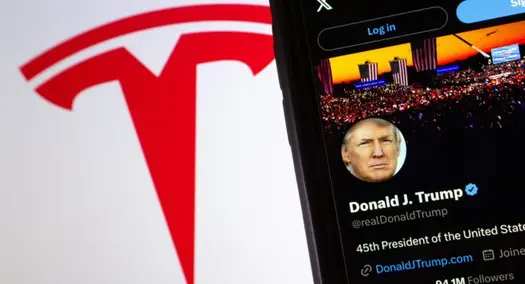T4K3.news
Tesla ends Dojo project
Tesla disbands its Dojo supercomputer after leadership departures, signaling a shift toward external AI hardware.
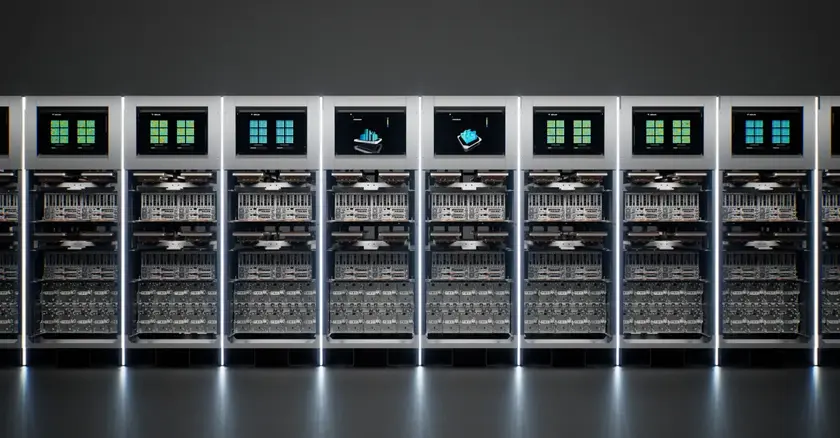
Tesla ends the Dojo project after the departure of its leadership, signaling a shift toward external AI hardware and raising talent retention questions.
Tesla retools AI strategy after Dojo wind down
Tesla disbanded its Dojo supercomputer project after the departure of its leader and several engineers to Density AI, Bloomberg reported. The move ends a flagship effort to train AI models for Autopilot, Full Self-Driving and humanoid robots, a core part of Tesla's in house AI vision. Dojo was pitched as Tesla’s secret sauce, designed to ingest data from the fleet and accelerate learning.
Moving forward, Tesla appears to rely more on external chip makers such as Nvidia and Samsung for AI workloads. Elon Musk confirmed on X that future AI chips in vehicles would excel at inference and provide adequate training capabilities, while shifting “all effort” toward that path. The change comes as the talent exodus and past delays in Dojo’s delivery underscored the high costs and long timelines in in house AI hardware.
Investors reacted to the shift with cautious optimism, as the company reports could point to lower capital expenditure even as the broader AI arms race intensifies.
Key Takeaways
"Dojo was supposed to hoover up data from Tesla’s fleet"
Describes the claimed role of the Dojo system
"The system was supposed to make the algorithm smarter"
Quoted about the hype around Dojo's impact
"Talent exodus will test Tesla's AI plans"
Editorial assessment of the staffing loss
"Investors may reward cost discipline in a capital intensive race"
Linking the pivot to market reaction
The Dojo wind down exposes a tension between big ambitions and practical execution in AI. Talent losses threaten to slow any future in house AI push and invite more dependence on suppliers. In the broader industry, the move mirrors a trend where AI progress increasingly depends on external ecosystems rather than solitary lab breakthroughs.
This pivot also testsTesla’s brand promise. If the public and policymakers view the shift as a retreat from bold hardware bets, the company may face questions about its AI leadership. Yet a leaner approach could protect margins in a capital-intensive race that already tests the limits of tax incentives and cash burn.
Highlights
- Talent matters more than boastful hardware promises
- Supply chains now decide the course of AI progress
- Ambition without talent is a quiet retreat
- Dojo was a bold bet that may not pay off in time
budget and political risk from AI strategy shift
The move raises worries about budget discipline, talent retention, and how Musk's broader public stance may affect brand perception. The decision to wind down Dojo could influence investor sentiment and regulatory scrutiny.
The road ahead will reveal how deep Tesla's AI ambitions run without its in house supercomputer.
Enjoyed this? Let your friends know!
Related News
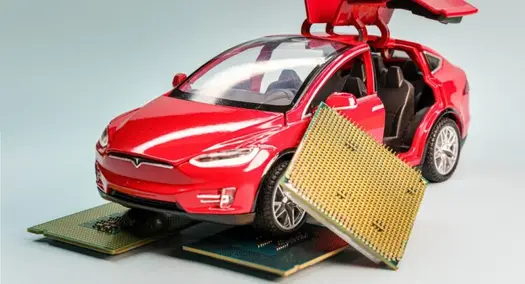
Tesla refocuses chips after Dojo
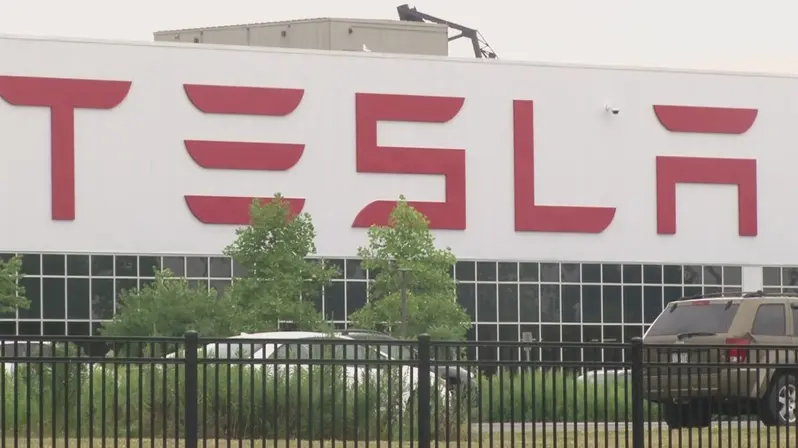
Tesla ends Dojo project in Buffalo
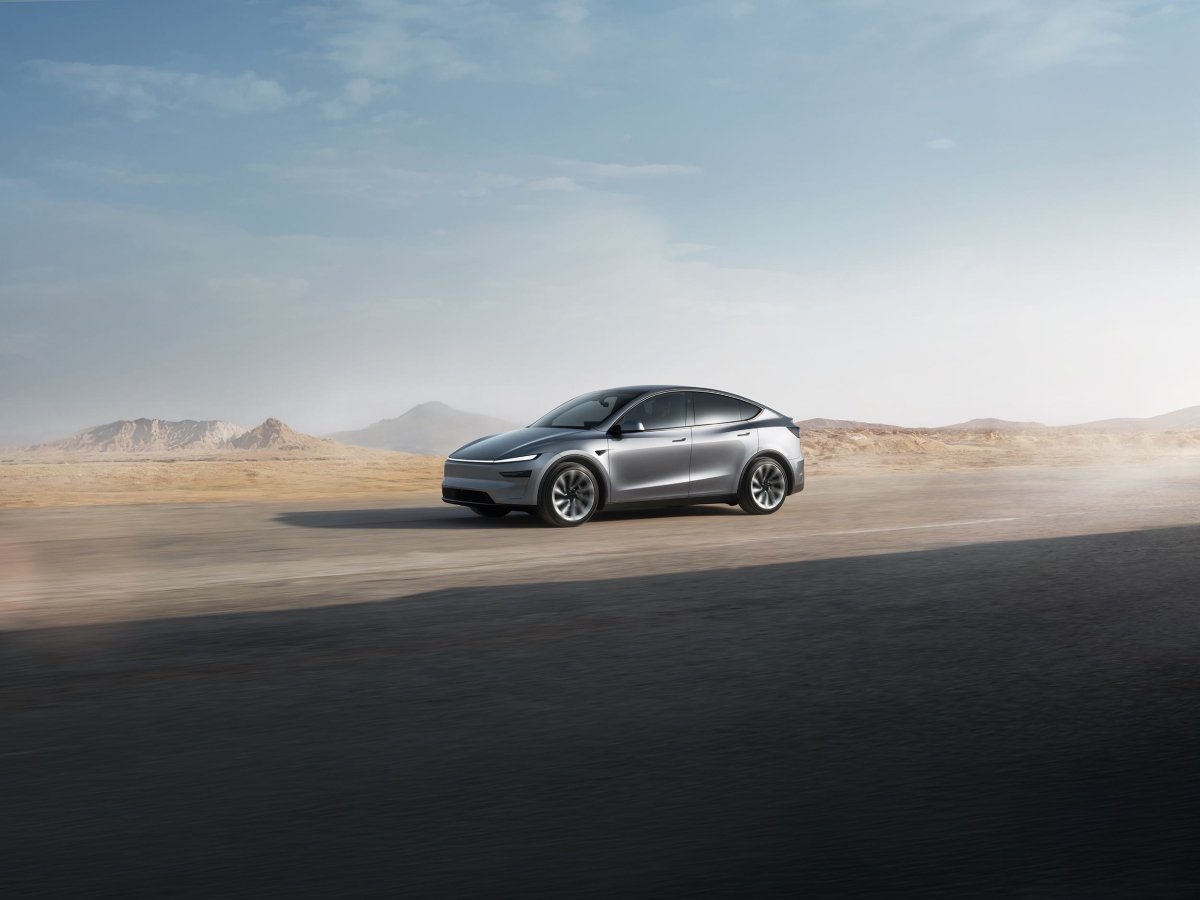
Tesla Robotaxi in Texas Next Month
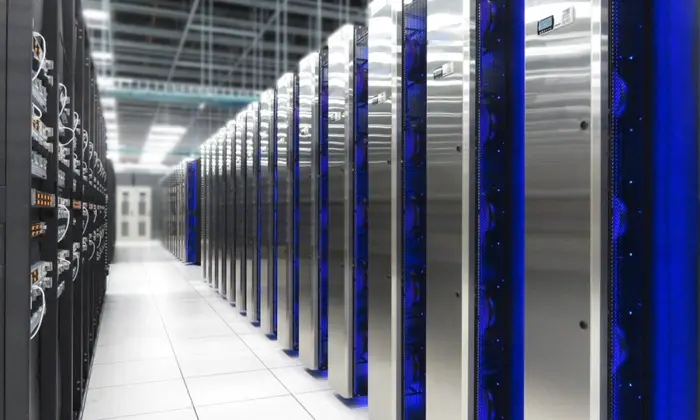
Tesla narrows AI chip strategy
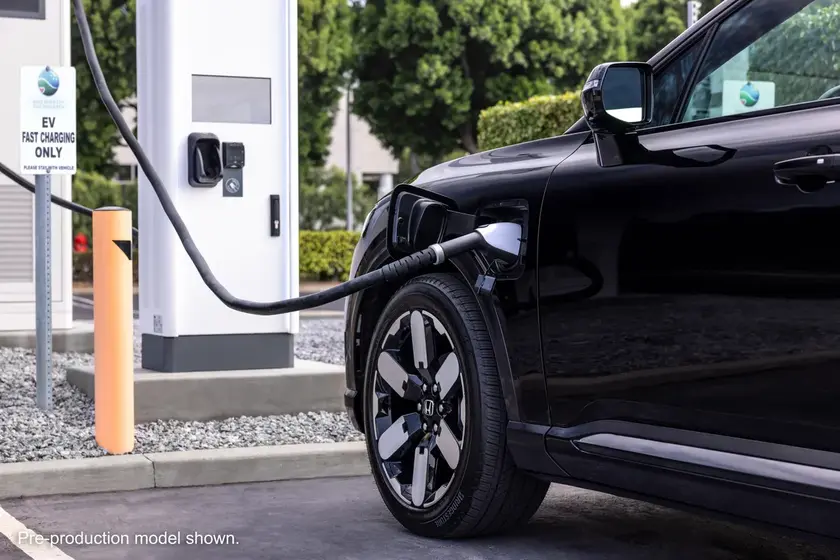
Tariffs and Chips Plan Threaten Auto Makers
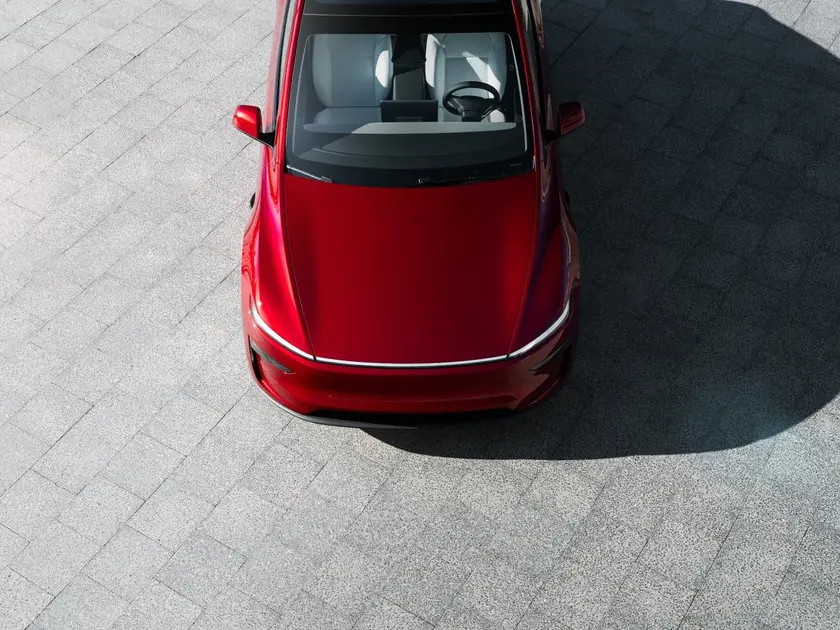
Tesla Starts Production of Affordable Model for 2025 Launch
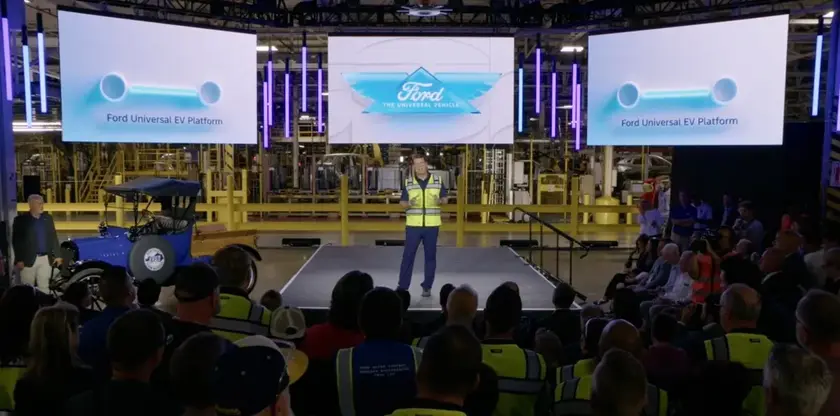
Ford doubles down on US EV push
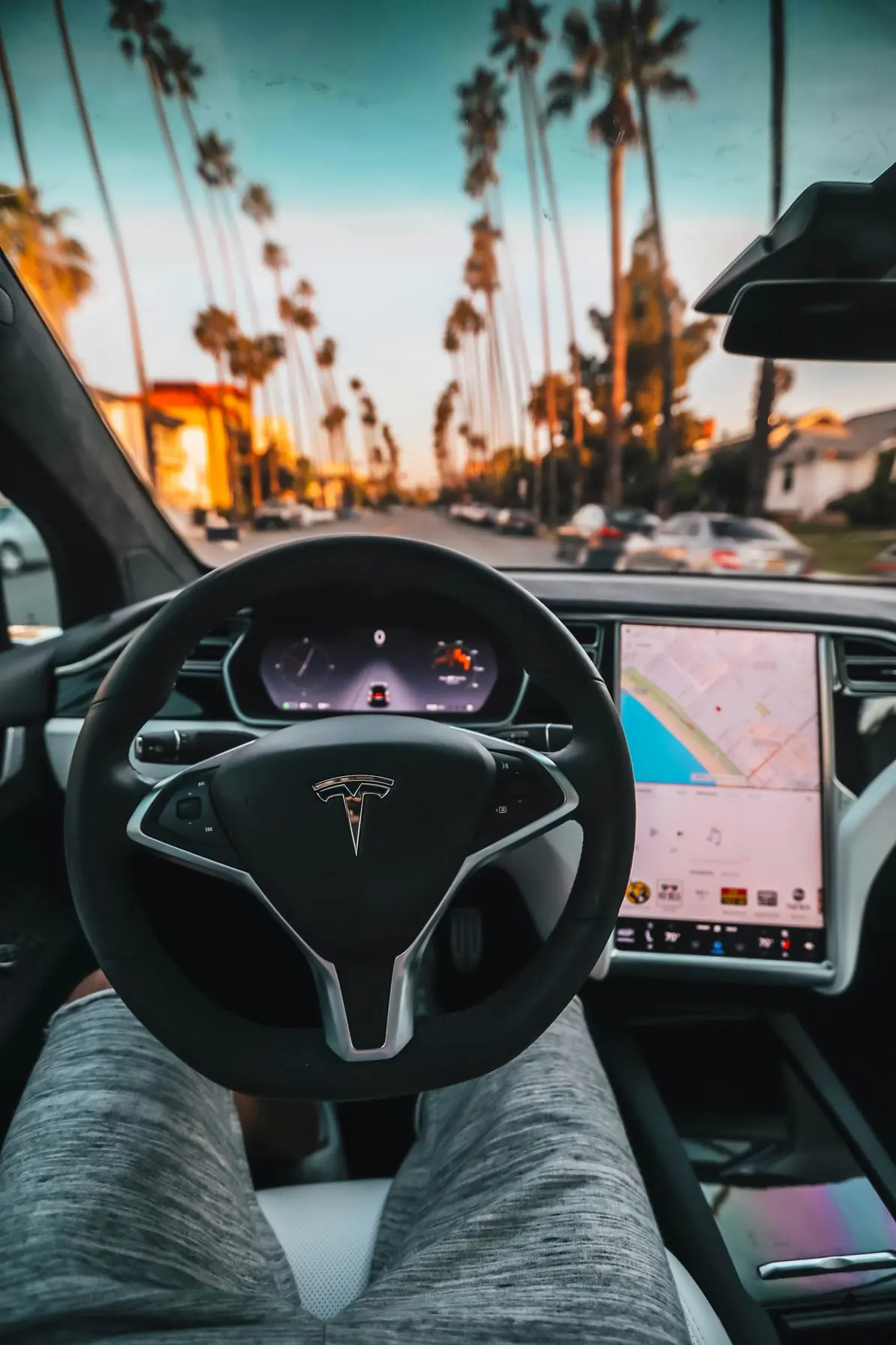
Wells Fargo Analyst Predicts Change for Tesla in Q3 and Q4
